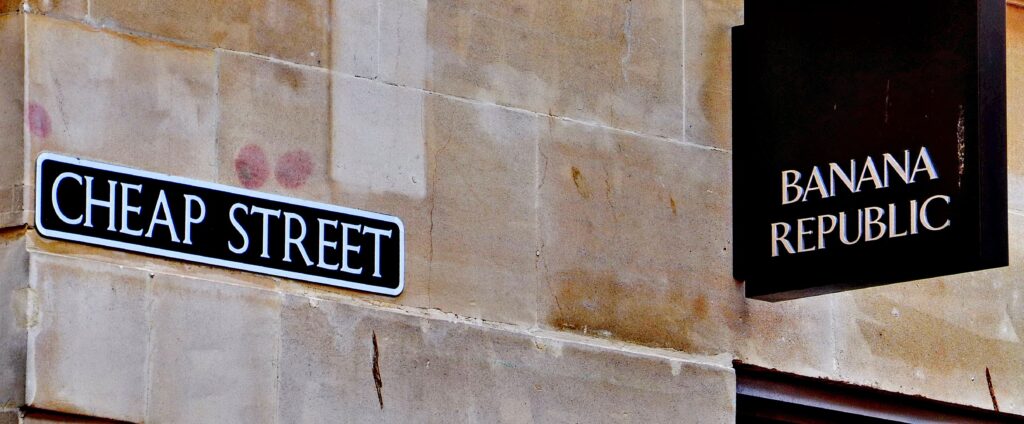Does Frugal Mean You Are Cheap
Frugality and being cheap are often used interchangeably, but they have distinct meanings. While both concepts involve saving money, there are key differences in mindset and behavior.
Frugal individuals are not necessarily cheap; they prioritize value and mindful spending. Being frugal means seeking the best use of resources and getting the most for your money. Frugal people focus on maximizing the value they receive from their purchases and finding ways to save without compromising quality.
Both cheap and frugal individuals have a desire to save money. However, their approaches and motivations differ. Cheap people may prioritize saving money above all else, often at the expense of quality or the experience of others. They may be more inclined to buy the cheapest item available without considering durability or long-term value. On the other hand, frugal individuals aim to strike a balance between saving money and making informed, value-driven choices.
Although cheap and frugal seem like very similar characteristics, they develop out of very different money mindsets.”
While cheap and frugal may appear similar on the surface, the distinction lies in the underlying mindset. Cheapness often stems from a scarcity mindset, fear of spending, or aversion to parting with money. Cheap people may prioritize short-term savings without considering long-term benefits or quality. This mindset can sometimes lead to missed opportunities or poor purchasing decisions.
On the other hand, frugality arises from a mindset of conscious consumption. Frugal people carefully consider the value and purpose of their purchases, opting for options that offer quality, longevity, and utility. They are mindful of spending, seeking out deals, and making informed choices that align with their financial goals.
Ultimately, being frugal is about making intentional decisions to optimize resources and prioritize value, while being cheap often involves prioritizing immediate savings without considering long-term consequences or value for money.
Frugal living for a single person means adopting a mindful approach to managing expenses and maximizing the value of every dollar spent. It involves making intentional choices to prioritize needs over wants and finding ways to save money without sacrificing quality of life. How to get a frugal mindset“? Identify personal financial goals and understand the difference between needs and wants. It involves creating a budget, tracking expenses, and finding creative ways to reduce costs, such as cooking at home, buying in bulk, and embracing minimalism. Thrifty solo living can be achieved by seeking affordable housing options, utilizing public transportation or biking instead of owning a car, and embracing DIY projects to save on maintenance and repairs. By adopting a frugal lifestyle, individuals can build financial stability and achieve their long-term goals while enjoying a fulfilling and meaningful life.
Does frugal mean you are cheap
Let’s compare cheap and frugal to understand which approach aligns with our lifetime goals.
Cheap
Cheap individuals focus primarily on what they can personally gain in the present moment. They prioritize short-term results over long-term vision.
Their main goal is to spend as little as possible without considering the long-term consequences.
They may lack the discipline to delay gratification or wait for saving opportunities. Their goal is to find the lowest price, regardless of other factors. They tend to focus solely on the cost aspect of their purchases. Minimizing the amount they spend is the only consideration. They are driven by saving money, even at the expense of quality or value.
Frugal
Frugal individuals have a bigger picture in mind regarding their financial decisions. They actively seek ways to save money by buying secondhand items or waiting for sales. However, they do not compromise value for a good bargain.
They have the discipline to wait for saving opportunities and make wise financial decisions. They understand that the lowest price may save them some money, but they also consider the long-term consequences of their choices.
Frugal individuals prioritize value over just focusing on cost. They are willing to spend money on things that are important to them and cut back on trivial purchases.
They are conscious of how their spending habits may affect others and avoid negatively impacting those around them. They make wise financial decisions aligning with their goals and values.
They have the knowledge and skills to minimize their spending and make the most of their resources. Frugal individuals feel confident knowing how to spend their money wisely to meet their needs and wants.
In summary, being frugal goes beyond simply being cheap. Frugality entails considering the long-term effects of financial decisions, prioritizing value over cost, and making intentional choices that align with personal goals and values.
Conclusion:
After comparing the characteristics of being cheap and frugal, it is clear that the frugal approach is the preferable choice. While cheap individuals tend to focus on immediate personal gain, frugal individuals prioritize value and long-term benefits. Being frugal means making intentional choices to maximize the worth of each expenditure and finding creative ways to minimize expenses without sacrificing quality. Therefore, it is important to adopt a frugal mindset to ensure that time and resources are not wasted. So, to answer the question, “Does frugal mean you are cheap?” – No, frugal living is not about being cheap; it is about being resourceful and making thoughtful financial decisions for a better future.

